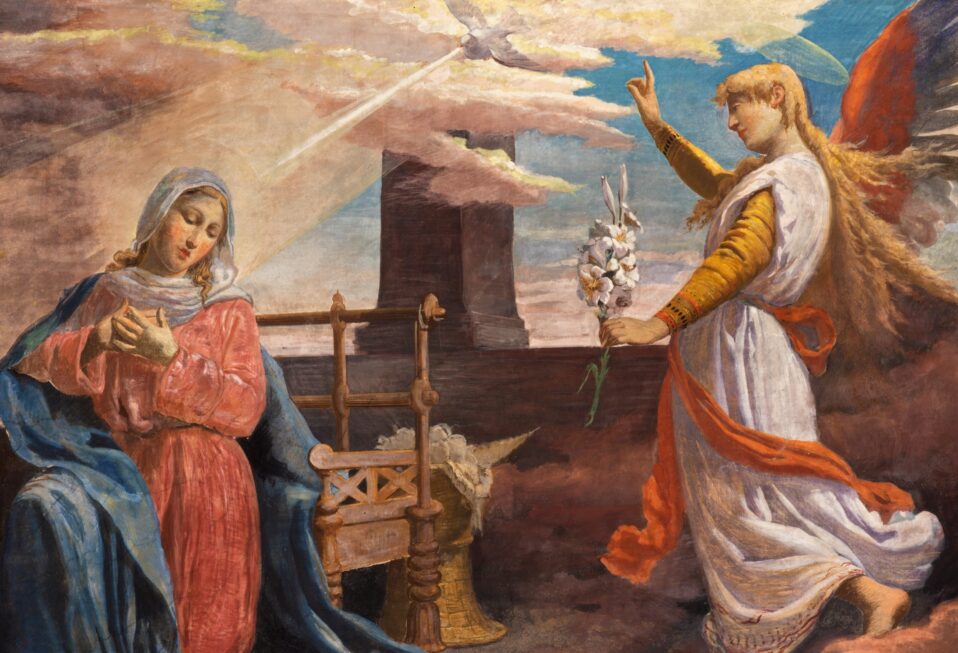And Mary said to the angel, “How will this be, since I am a virgin?” And the angel answered her, “The Holy Spirit will come upon you, and the power of the Most High will overshadow you; therefore the child to be born will be called holy—the Son of God. And behold, your relative Elizabeth in her old age has also conceived a son, and this is the sixth month with her who was called barren. For nothing will be impossible with God.” And Mary said, “Behold, I am the servant of the Lord; let it be to me according to your word.” And the angel departed from her (Luke 1:34-38 ESV).
The people of Israel faced a number of crises in the period between the Old and New Testaments. These events, some of them traumatic, left deep marks upon the social, cultural, and religious landscape of ancient Judaism.
The events of the second century B.C.—with the successful Jewish revolt against the Seleucids, in the festival of Hanukkah (the Feast of Dedication; John 10:22), and the subsequent eighty-year period of autonomous Jewish reign—dynamically shaped Jewish hopes of redemption. These ideas changed with the reality brought about by the intrusion of the Roman Empire in the form of Pompey the Great in 63 B.C.
By the time of the Angel Gabriel’s appearance to Mary, the land of Israel found itself under Roman rule, which at times could be oppressive. The reality posed by Rome challenged the widely held belief among the Jews that our God is the only god, and we are His chosen people. The present reality produced a widespread yearning for God’s redemption, which many thought His Messiah would accomplish.
Gabriel announced a message to Mary that had been anticipated and hoped for by many. So, on the one hand, she was prepared to hear it and receive it. There was only one problem. She was to be the vessel of God’s redemption, giving birth to His Son. And she was a virgin: “How will this be, since I am a virgin?”
Gabriel then proceeded to relay how this would be accomplished, concluding with the reminder, “For nothing will be impossible with God.” Mary found herself incapable of seeing how she could fulfill what Gabriel told her. Yet, upon hearing what God intended to do, Mary’s response was one of trust and obedience: “Behold, I am the servant of the Lord; let it be to me according to your word.”
The message of Advent is God entering into human history in a way that He had not done before. At the moment when things looked the bleakest for His people and impossible for Mary, He provided a way. He entered their story.
Throughout the Bible, God showed up to deliver His people. When circumstances seemed the darkest, He sent messages of hope. When things seemed impossible, He sent deliverance. God is for us. The annunciation of the birth of Jesus to Mary proclaims that He is with us.
Will we choose to respond to God, like Mary, with trust and obedience? Even when we don’t understand how He will accomplish His purposes, will we choose to act as His servants? Mary chose to trust what God told her and to submit to His will. Her choice led to the redemption of the world.
This Christmas and Advent season, will we trust God regardless of the appearance of our external circumstances? Will we obediently submit to His will for Him to bring hope and deliverance in our lives?
PRAYER
Father, thank You for sending Your Son into the world. Regardless of how difficult the circumstances appeared, You made a way. May we submit to You as Your servants to bring Your light and hope to those around us. Amen.




Post a comment